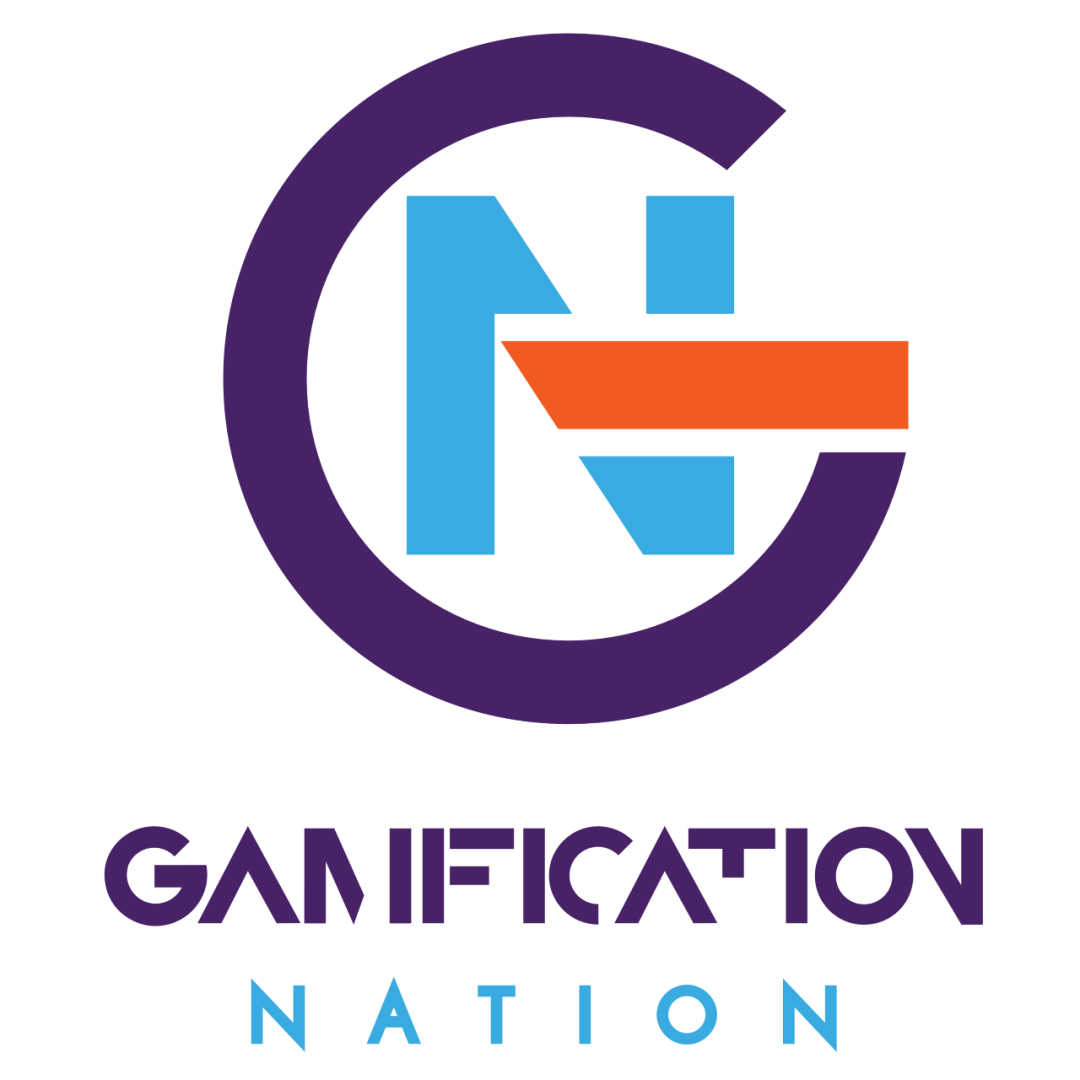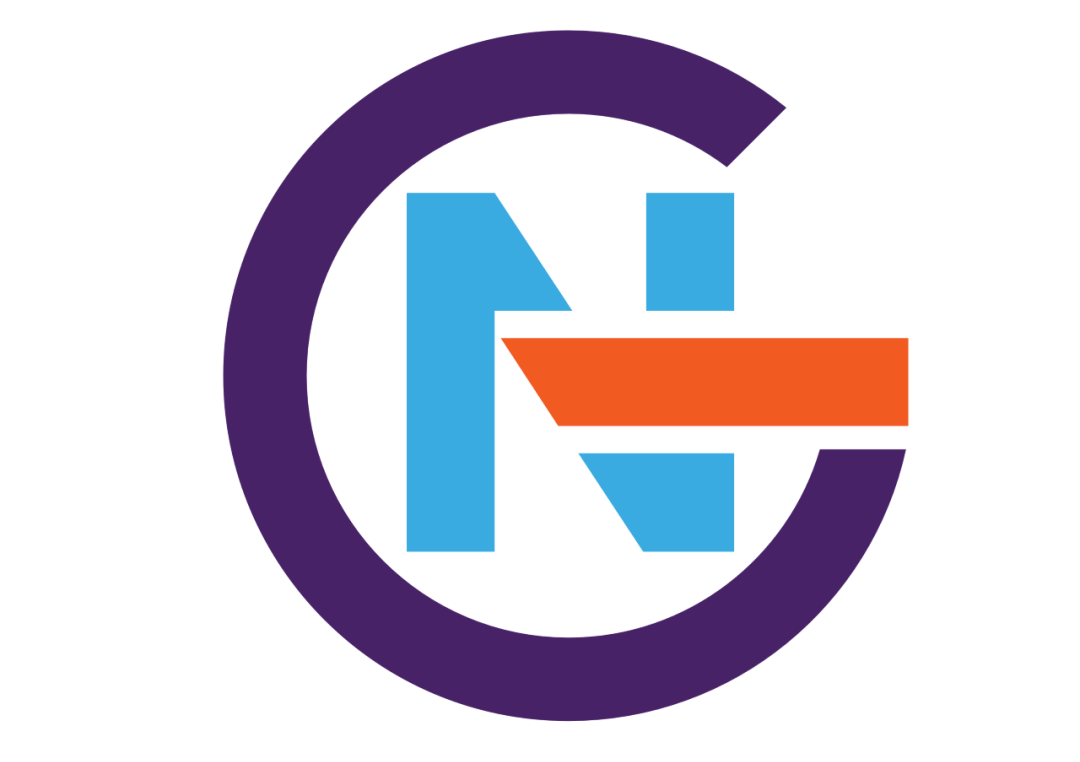A common question we receive is how we can enhance productivity with the help of gamification in our organisation. Productivity in this case needs defining, for one company it is task completion, for others it is pulling together towards a common objective and for others again it is about getting the job done no matter what. A lot of the time communication and tolerance of bad practices is also at the source of the issue. When we look at reasons why there is a lack of productivity or a need to enhance it, my first question to the managers is ‘why?’ quickly followed with ‘What is driving this change?’.
As a business owner and manager of people, often expectations are different on both sides. What I find normal productivity has been considered unreasonable by others, there is however a base bottom line. If I can do a task in 20 minutes, the additional time I would expect an employee to deliver in is maximum double providing they are similarly skilled and not a trainee. If this is not possible the first part that needs to be found out is whether they indeed have the skill. If they don’t your train them and then let them practise. Over time their speed of execution should pick up.
What I have also noticed over the years that I am more tolerant of others slacking behaviour in comparison to my own. When it is your own business you are in the end of the day where all accountability stops when facing a client. If that means going the extra mile, it is what it takes. As the owner it is your reputation on the line and I take pride in maintaining that. An employee rarely has this same perspective, for them it is a job something that pays the bills. Most employees would still like to do a good days work, but in order for that to happen, you need to define what is a good days work. This can be through tasks and conversations or online tools to record the tasks at hand and what needs to be done.
When 3rd parties are starting to give you feedback on the productivity and performance of your team members, then it is time to listen up and pay attention. If work is not getting done, yet their social media and blogging is increasing during working hours, time off and lateness is becoming regular occurrence rather than exception, you may have to address the balance. When this gets noticed by competitors and clients and they comment on it, it is probably an ongoing saga and potentially indicative of other lack of moral issues. Most of us wouldn’t actively go out to harm the reputation of the organisations we work for, boredom and lack of commitment does allow for this to happen. Find the source of the issue and address it sooner rather than being tolerant.
When adding gamification into the mix first ensure that everyone understands what you want them to do, have a benchmark guide on how quickly you would expect something performed, make sure training or explanation is given when they can’t yet do it. Only when al those areas are covered would I contemplate gamification. If you are working as a team towards common goals then systems such as Getbadges.io or MyObjectives are a good base. In the former you slay monsters together when tasks are completed in task tracking applications such as Trello, Jira and others, in the other each individual as well as the team receives traffic light feedback based on how they are performing against objectives and key results. The latter obviously means you need objectives and tasks to be linked to those. If the individuals keep opting out or not engaging with the tracking, again it is indicative of either lack of respect for you or lack of motivation or productivity or not seeing the point in the process. If a team plays together and sees the fun in progress then high performance and productivity can ensue.
From a project management perspective, giving visibility over project progress and lists of steps and tasks to all parties in the process that need to deliver, will help in creating some amount of peer pressure. Nobody wants to be the one spotted to be lagging behind on things. When all others are making progress and are achieving good results. Current day technology allows us to do this in a multitude of ways. We recently introduced this for our new clients and by just having a phased approach and regular messages to say we are working on the project, it reinforces the fact that they feel cared for. At the same time they can only add their own progress onto our dashboard and ask questions, approve or suggest amendments to items we present back. So far the feedback has only been positive and it makes accountability public.
In terms of gamification of individual productivity, I usually have mini-sprints towards a goal. For a goal or task I set rewards, even as basic as a cup of coffee, a bit of fruit, a glass of water or a break to play a game. It requires first of all having tasks to achieve and listed, I often find satisfaction in just striking things off my list. For big wins, I usually have a reward I share with my partner so he enjoys some of the fruits of my hard work.
What do you do and have you done regarding gamification of your productivity or that of others in your team?




